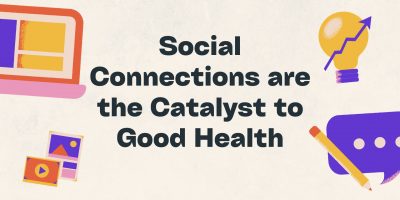
Social Connections are the Catalyst to Good Health
Unlock the secret to a longer, healthier, and happier life: It’s not just about steps and veggies, it’s about the power of meaningful social connections.

There is a wealth of evidence that shows the vital importance of a good night’s sleep in day-to-day functioning.
Here are the stats that prove it:
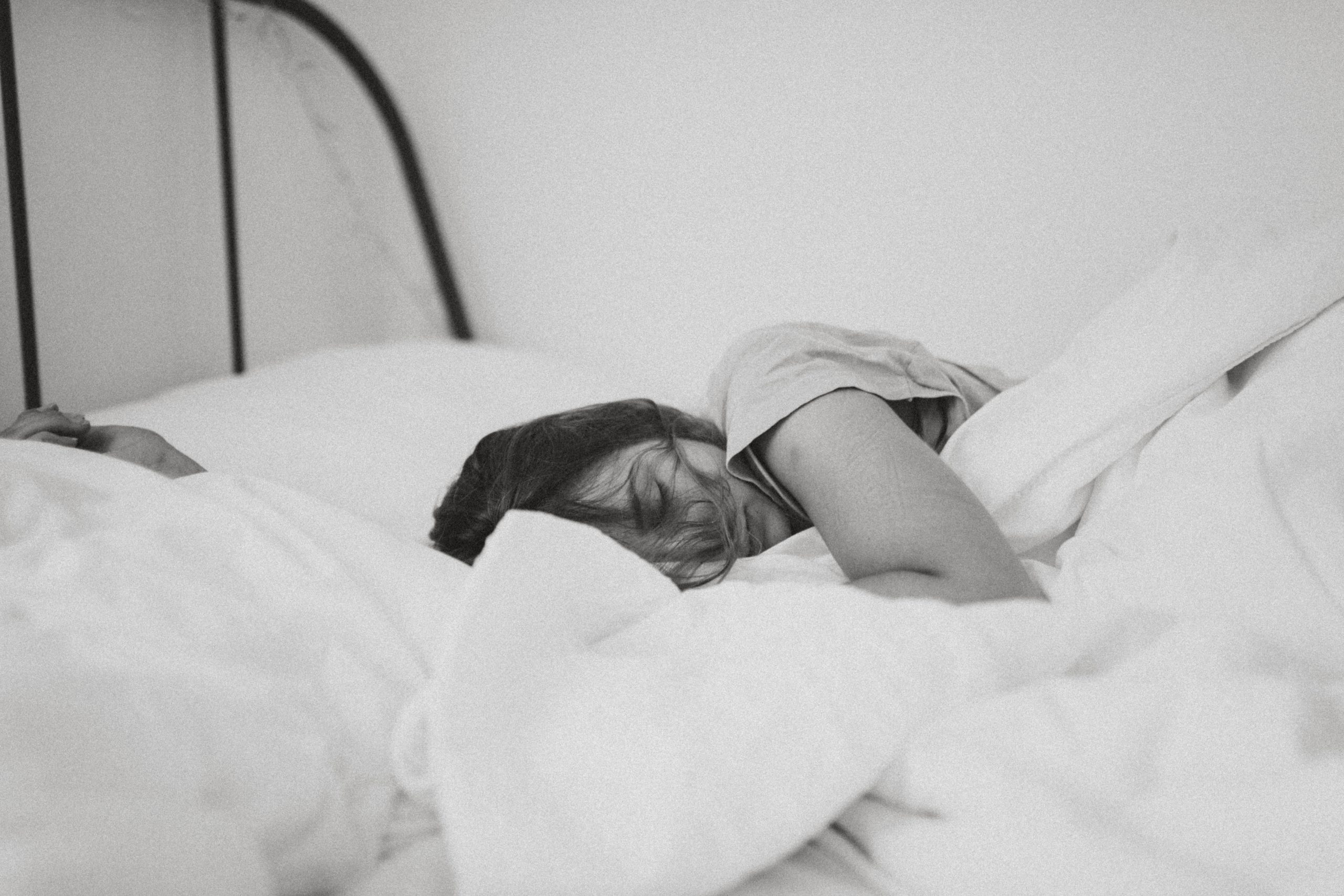
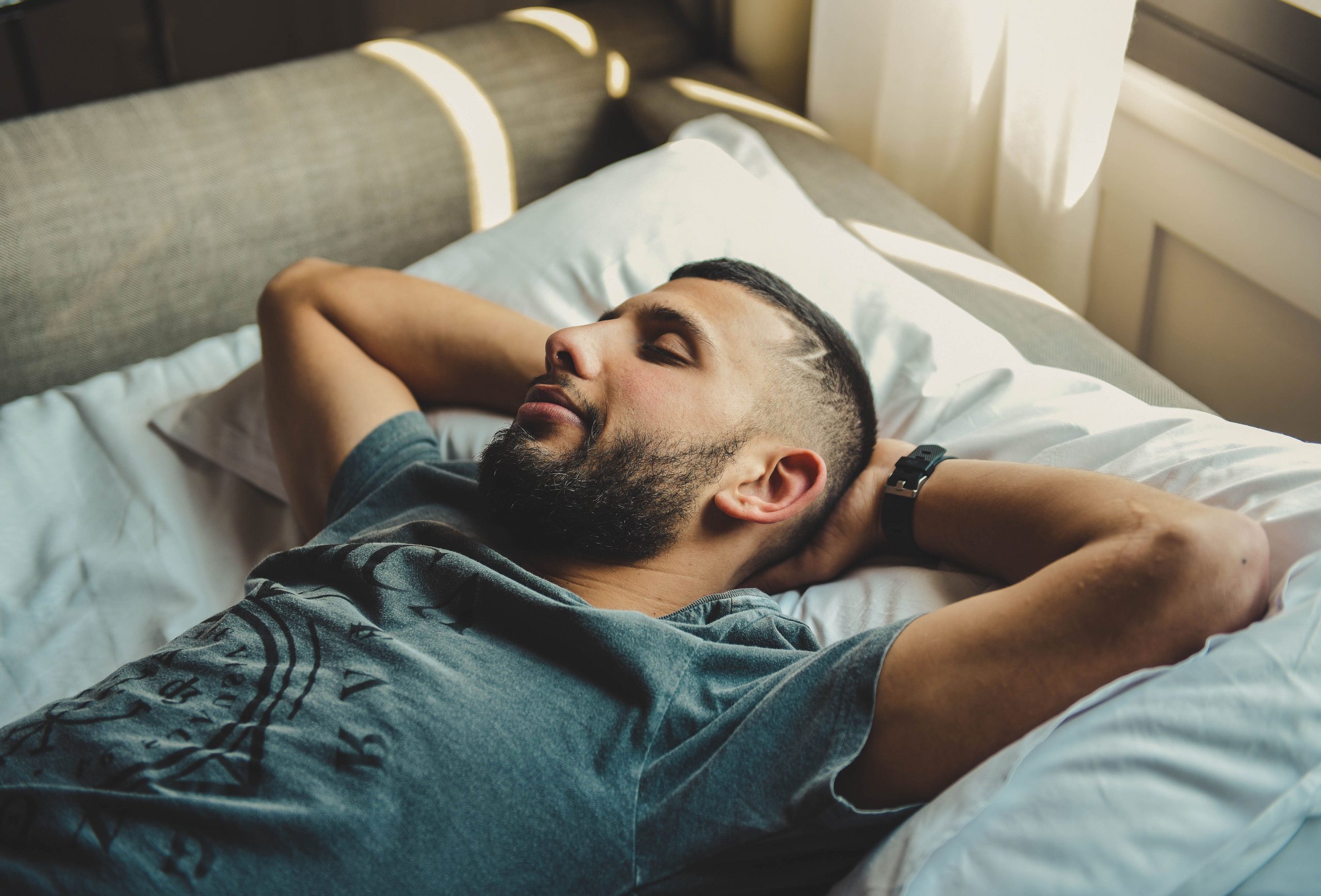
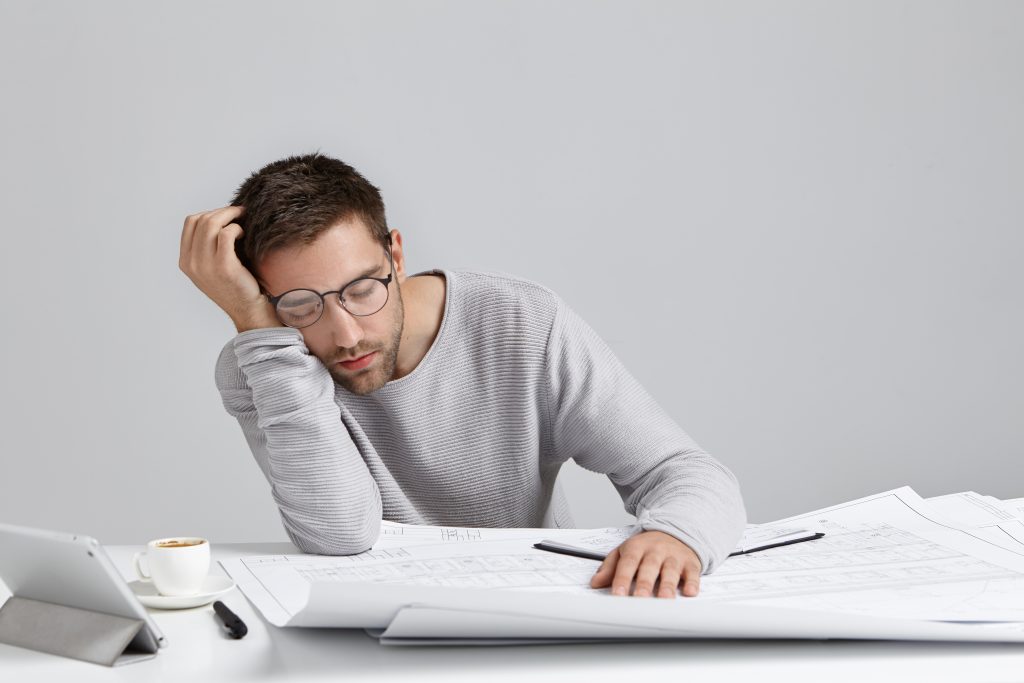

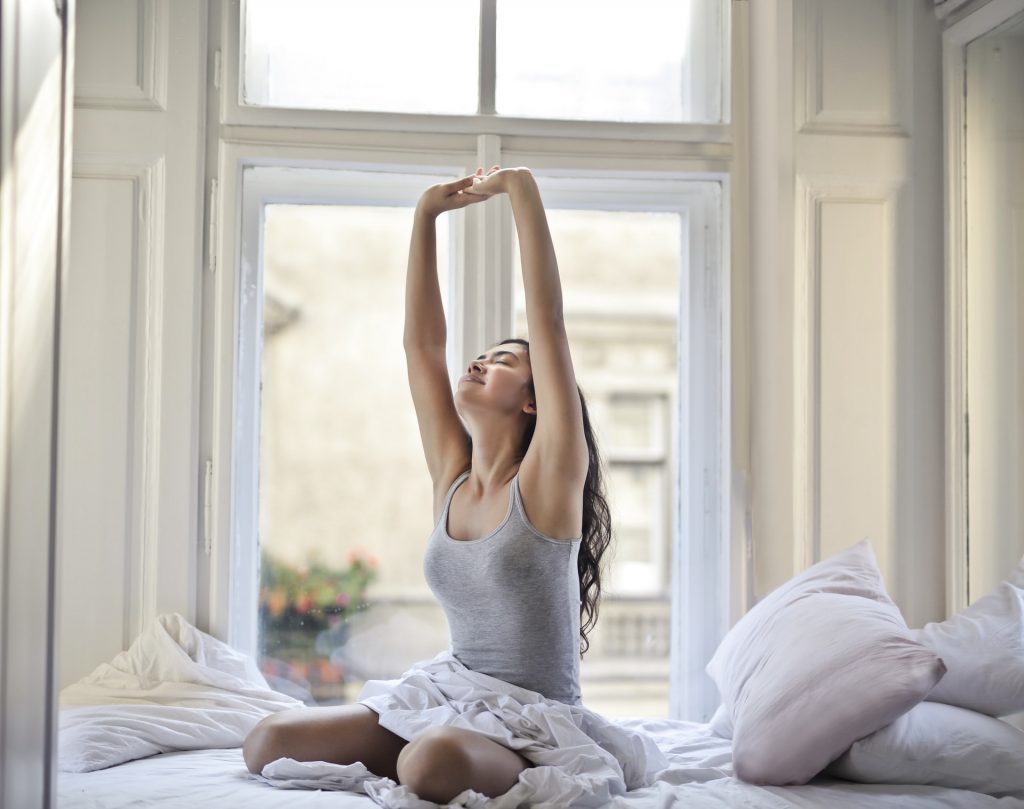
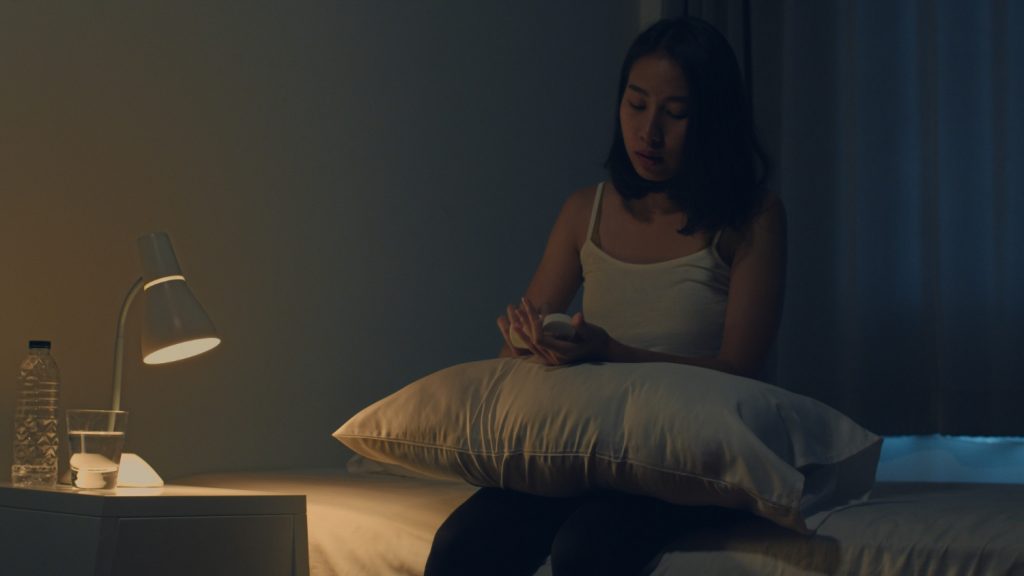
Browse our curated list of vendors to find the best solution for your needs.
Subscribe to our newsletter for the latest trends, expert tips, and workplace insights!

Unlock the secret to a longer, healthier, and happier life: It’s not just about steps and veggies, it’s about the power of meaningful social connections.

Discover flexible benefits plan’s role in improving recruitment and retention levels and satisfying employees’ needs.
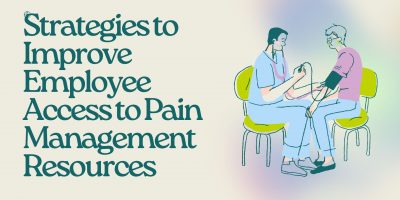
Explore strategies employers can use to enhance employee access to pain management resources and improve productivity and well-being.
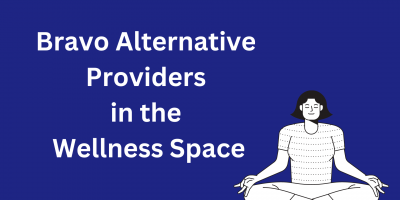
Bravo may be a comprehensive provider, but the following wellness alternatives introduce features, tools, and focus areas that address a broad spectrum of employee needs and employer objectives.
Used by most of the top employee benefits consultants in the US, Shortlister is where you can find, research and select HR and benefits vendors for your clients.
Shortlister helps you reach your ideal prospects. Claim your free account to control your message and receive employer, consultant and health plan leads.